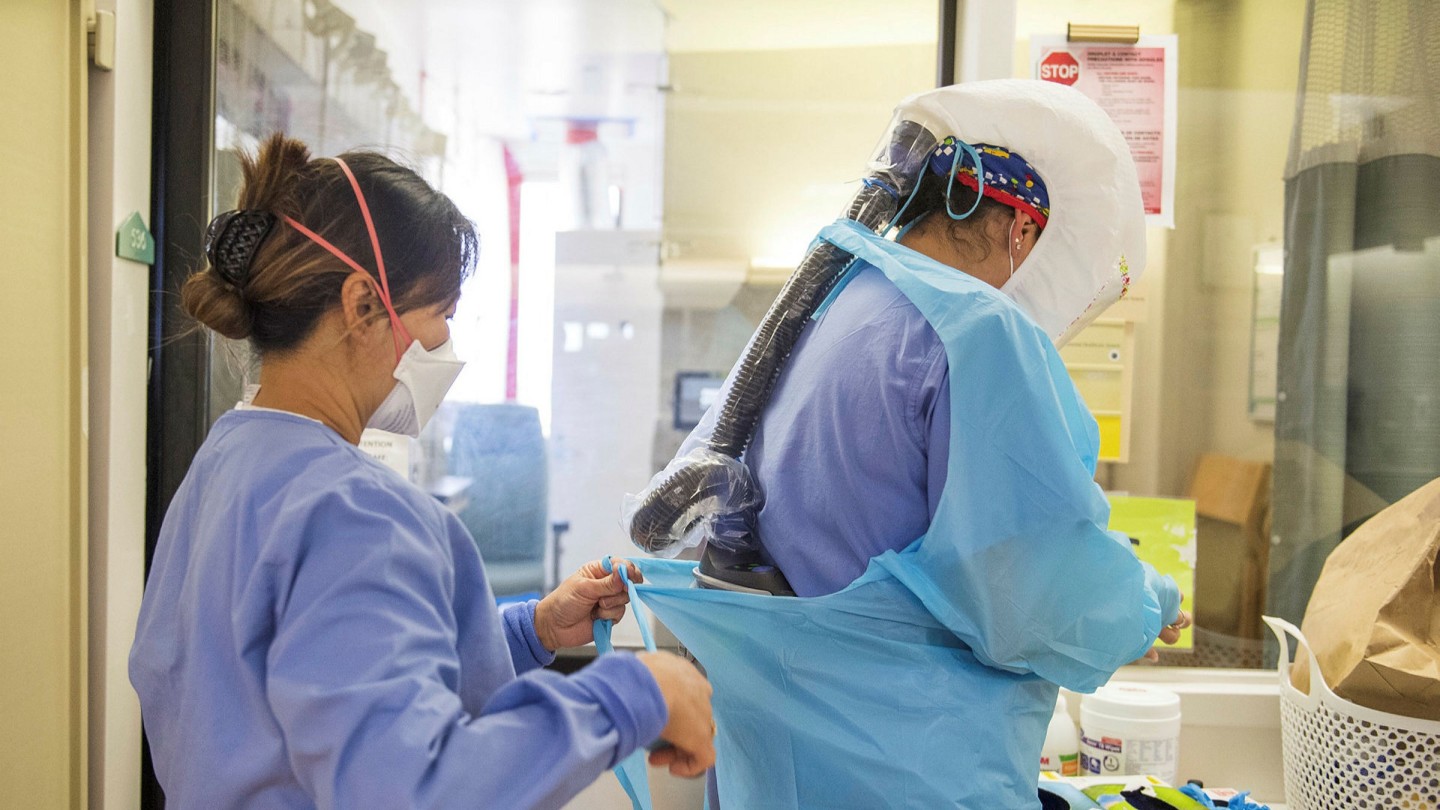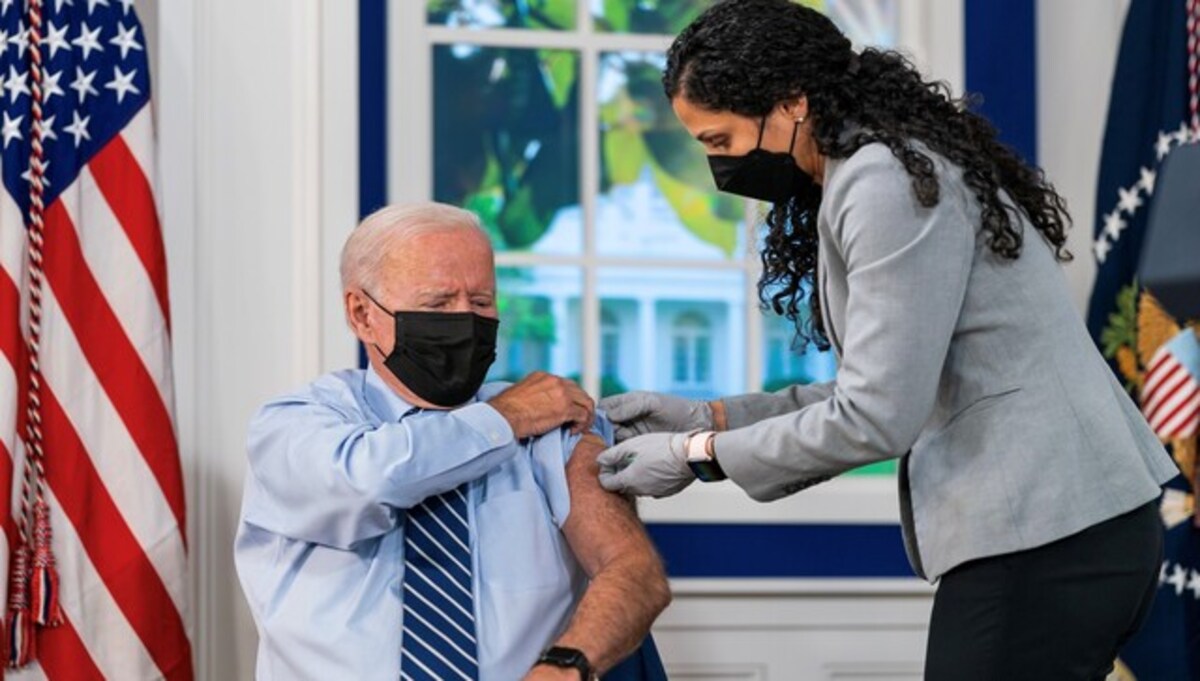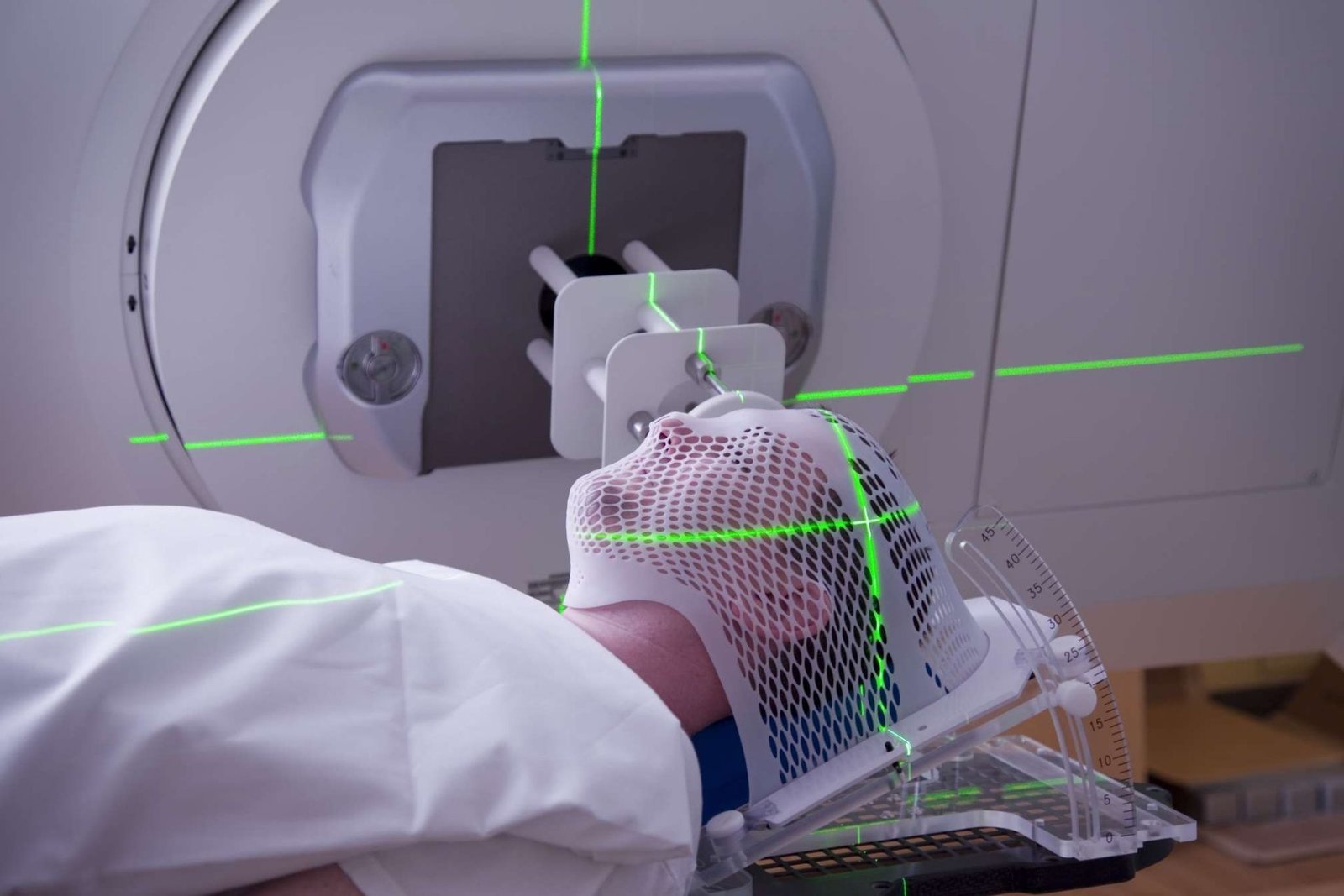Newer coronavirus variants, such as alpha and delta, are highly contagious and infect far more people than the original virus. Two new studies propose an explanation: The virus is adapting to spread more quickly through the air.Last year, the discovery that the coronavirus is airborne indoors transformed efforts to contain the pandemic, sparking heated debates about masks, social distancing, and ventilation in public places.
Most researchers now agree that the coronavirus is primarily transmitted through large droplets that quickly sink to the floor and much smaller droplets known as aerosols that can float over longer distances indoors and settle directly into the lungs, where the virus is most dangerous.The new studies do not fundamentally alter that viewpoint. However, the findings suggest that better masks are needed in some situations, and that the virus is evolving in ways that make it more dangerous. “This isn’t the end of the world,” said Vincent Munster, a virus expert at the National Institute of Allergy and Infectious Diseases who led one of the new studies. “It’s like a virus modification for more efficient transmission, which I think we all kind of expected, and we now see it happening in real time.
” Munster’s team discovered that small aerosols travelled much farther than larger droplets, and that the alpha variant was much more likely to cause new infections through aerosol transmission. According to the second study, people infected with alpha exhaled about 43 times more virus into tiny aerosols than those infected with older variants.The alpha variant was compared to the original virus or other older variants in the studies. The findings, however, may explain why the delta variant is so contagious — and why it has displaced all other versions of the virus.Linsey Marr, an expert in airborne viruses at Virginia Tech who was not involved in either study, said, “It really indicates that the virus is evolving to become more efficient at transmitting through the air.” “I wouldn’t be surprised if that factor was even higher with delta.

”The ultratransmissibility of the variants could be due to a combination of factors. Lower doses of the variants may be required for infection, or the variants may replicate faster, or more of the variant virus is exhaled into aerosols — or all three.The alpha variant was twice as contagious as the original virus, and the delta variant had mutations that increased its contagiousness even more. According to experts, as the virus evolves, newer variants may become even more transmissible.
However, the tools at our disposal continue to be effective in halting the spread. According to a study of people infected with variants published this month in the journal Clinical Infectious Diseases, even loose-fitting cloth and surgical masks block about half of the fine aerosols containing virus. Still, at least in some crowded areas, people may want to consider wearing more protective masks, according to Don Milton, the study’s lead author and an aerosol expert at the University of Maryland.
“Given that it appears to be evolving toward producing better aerosols, we need better containment and personal protection,” Milton said of the virus. “We advise people to wear tighter-fitting masks.”To compare how different variants spread through the air, his team asked participants with mild or asymptomatic infections to recite the alphabet, sing “Happy Birthday” aloud, or yell the University of Maryland slogan, “Go, Terps!”People who were infected with the alpha variant had far more virus in their nose and throat than those who were infected with the original virus. Even after adjusting for this difference, those infected with the variant released approximately 18 times the amount of virus into the smallest aerosols.However, the researchers only looked at four people who were infected with alpha and 45 who were infected with older variants.
According to Seema Lakdawala, a respiratory virus expert at the University of Pittsburgh who was not involved in either new study, this could skew the observed differences between the variants.Infected people can spread the virus to a large number of people — or none at all. How much virus they expel may be determined by where the virus is replicating in the respiratory tract, the type of mucus in its environment, and what other microbes it may be travelling with. “We really don’t know why some people are superspreaders and others aren’t,” Lakdawala said. “There is a lot of variation among individuals.
”Data from a larger sample size would be more convincing, but the two studies together do suggest that enhanced transport via aerosols contributes to the variant’s contagiousness, she said.Munster’s study used Syrian hamsters rather than humans. Using the animals allowed the team to tightly control the experimental conditions and focus solely on the movement of aerosols, according to Munster.

The researchers are currently testing the delta variant and expect to find it to be even more efficient, according to Munster.According to experts, the new findings highlight the importance of masks for vaccinated people, especially in crowded places. Although people with post-vaccination breakthrough infections are much less likely to spread the virus than unvaccinated people, the contagiousness of the variants increases the likelihood.With billions of people worldwide vaccinated and billions more unvaccinated, the virus may continue to evolve in unexpected ways. “There could be additional evolutionary pressures shaping the evolutionary direction of this virus,” Munster said.
_______
Coronavirus | Don’t forget to follow us on Twitter @njtimesofficial. To get the latest updates









